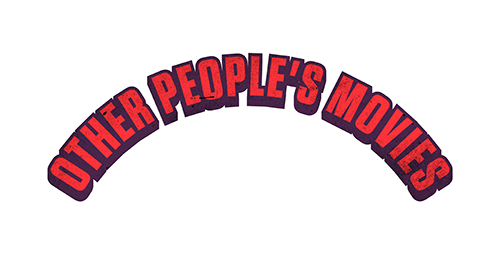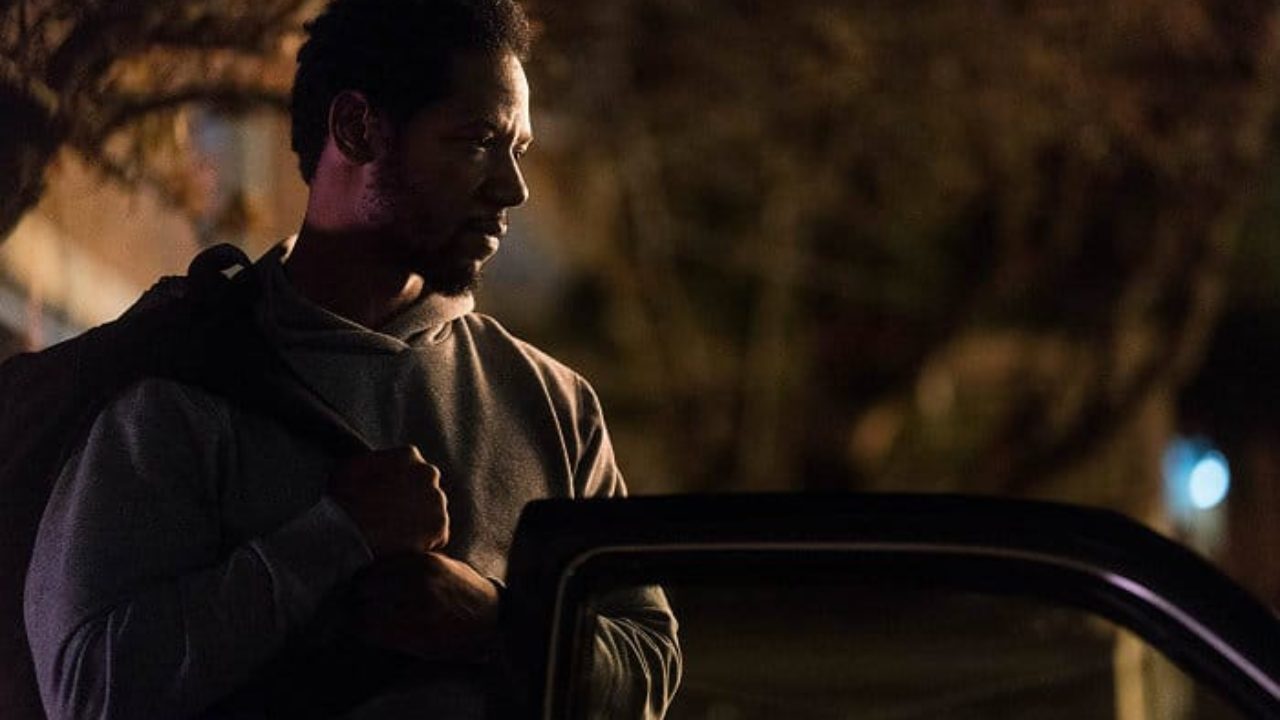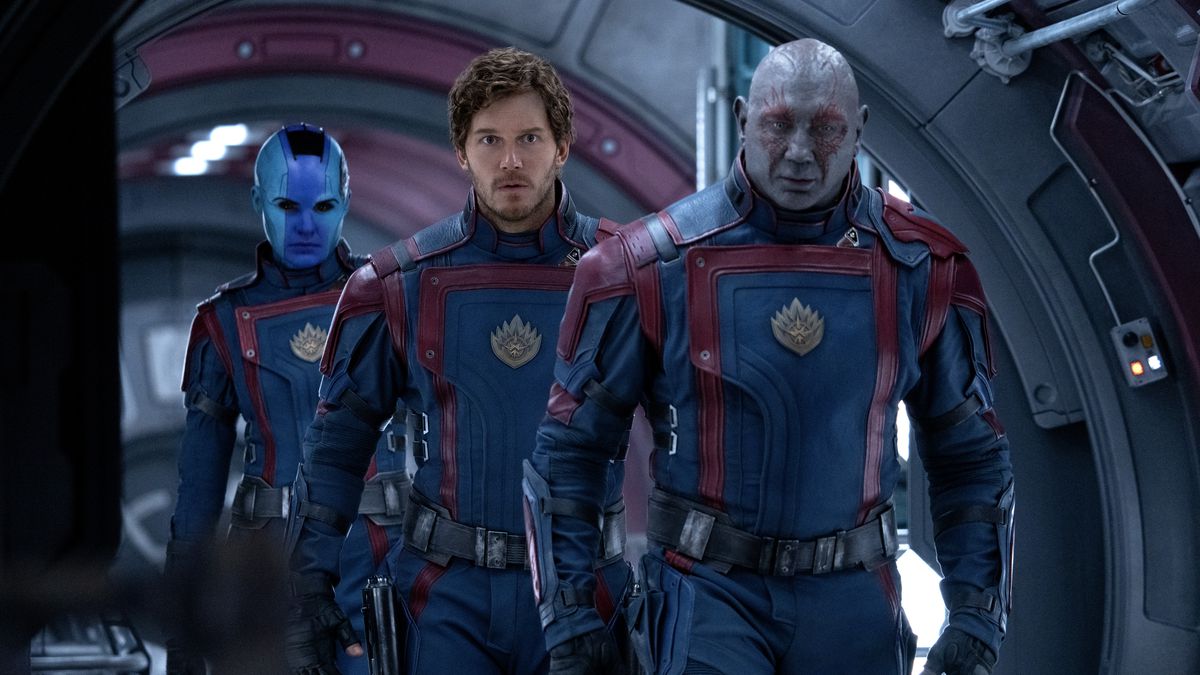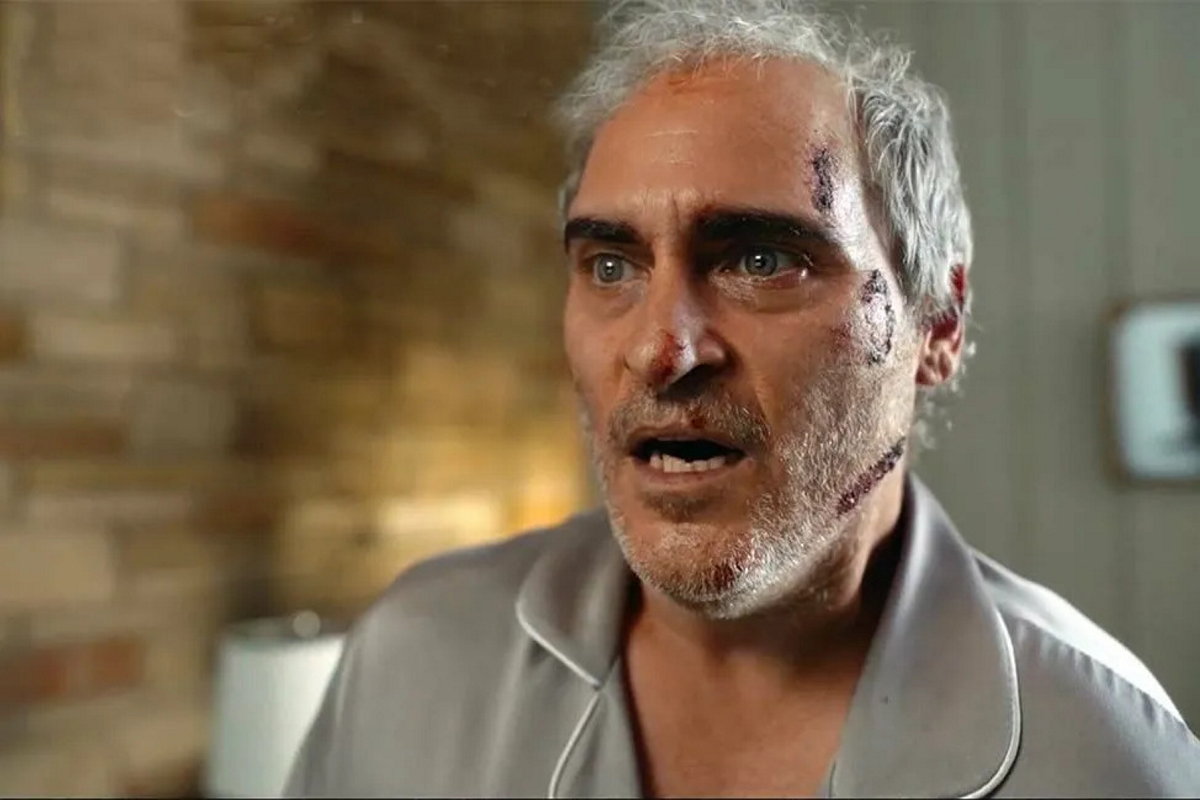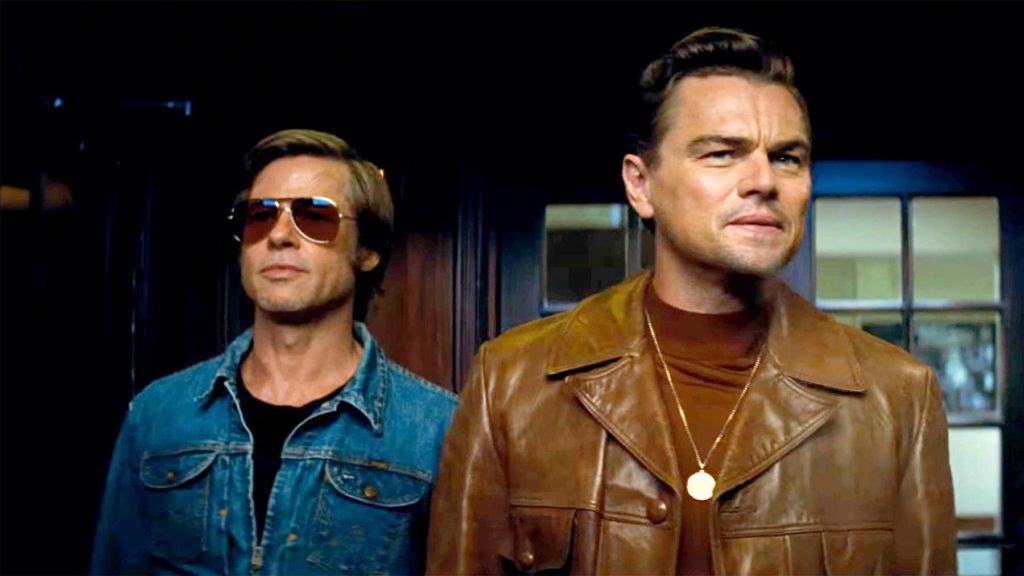
2019 featured an array of films from rising talents, seasoned greats and everyone in-between. Scorsese, Malick, Gilliam, Almodóvar, Tarantino, Kevin Smith, Greta Gerwig, Gaspar Noé, Harmony Korine, Lorene Scafaria, Jordan Peele, James Mangold, Deon Taylor, Bong Joon-ho, S. Craig Zahler, Taika Waititi and many other notable filmmakers had a hand in creating the perfect closing to the cinematic decade.
The year left us at a fascinating crossroads—one that gave a clear view of what’s behind and a pretty decent one of what might lie ahead.
2019 was a year where there were far too many masterworks to fit on anyone’s Top Ten list. Disney’s formula and the endless, unwanted string of sequels, remakes and reboots may have dominated the box office, but there were also studios—major and independent alike—who took many brave risks. Some of these risks actually paid off both financially and artistically, though there were plenty of good films that suffered and plenty of bad ones that shined.
Regardless of their size and whether they were unveiled at the multiplexes, art-houses, on VOD or streaming services, there was a plethora of original and daring films in 2019 that gave no shortage of hope for the quality of cinema in the years to come. As is the case today, you sometimes just have to do some searching to find them.
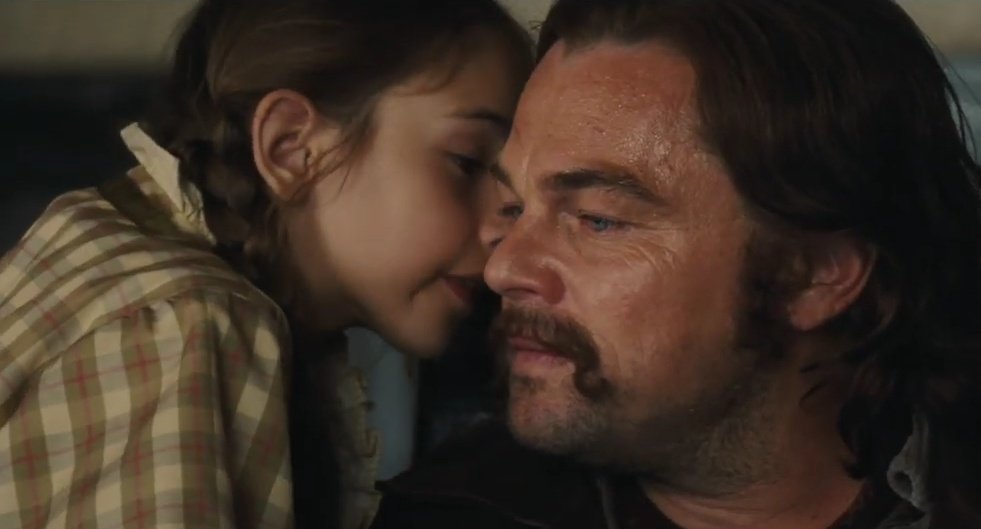
1. Once Upon a Time in Hollywood
Quentin Tarantino returns to the effortless joy of his early work with Once Upon a Time in Hollywood—the iconic filmmaker’s unabashed and idealized love letter to 60’s Hollywood and good ol’ fashioned toxic (as it would be described today) masculinity.
Leonardo DiCaprio and Brad Pitt deliver career-highlight performances as an aging B-list actor and his loyal sidekick/stuntman. The individual commitment they each bring to their characters is impressive enough, but the chemistry they exhibit when sharing the screen is something truly magical.
Once Upon a Time in Hollywood beautifully sums up Tarantino’s career and the end of this (or, rather, his) era of filmmaking. Though it showcases portrayals of a number of figures from that time (Charles Manson, Sharon Tate, Bruce Lee, Steve McQueen), it’s not reality or history we’re watching, here, it’s something greater and improved upon: history filtered through Tarantino’s maddened pop sensibilities.
It’s a great movie about movies and, most importantly, it’s a great movie about loving movies. Once Upon a Time in Hollywood may be the most personal movie Tarantino will ever make—as wholly fictitious its events may be, they collectively strike an emotional chord that is far more honest than reality could ever be.

2. Dragged Across Concrete
Dragged Across Concrete packed one of the biggest punches of 2019 and the entire decade that preceded it.
Mel Gibson and Vince Vaughn portray two (almost comically) un-PC policemen who turn to robbing criminals after being suspended for excessive force. Both stars give subdued and grizzled performances that remind us of how great they can be when in their proper element. It’s Tory Kittles’ (season one of True Detective) show, however, with his portrayal of a highly intelligent and oddly moral criminal caught in the middle of a bank heist gone terribly and violently awry.
Writer/director S. Craig Zahler (Bone Tomahawk, Brawl in Cell Block 99) takes what could have easily been a typical genre story and shades it with atmosphere, character details and crackling dialogue exchanges. The racial tensions, social injustices and economic struggles that haunt the characters of the film are astutely observed and presented– but never judged with a heavy, distracting hand. The characters are refreshingly and simply allowed to exist within their own realities.
Dragged Across Concrete is slow-burning, character-driven, pulpy, brutal and beautiful. It boldly unfolds at the steady beat of Zahler’s own unique drum, and the final result is the rapidly rising talent’s most fulfilling and accomplished film to date.
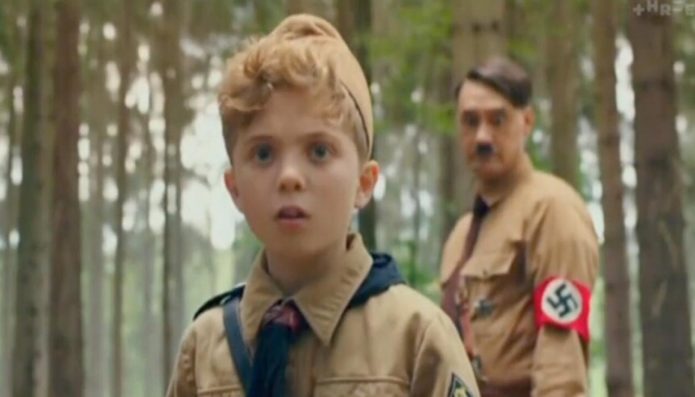
3. Jojo Rabbit
With his latest effort, director/screenwriter (based on Christine Leunens’ novel) /actor Taika Waititi is able communicate the horrors of blind nationalism on the German side of WWII by way of astute, sometimes whimsical satire. He achieves this by reflecting the events of the film through the eyes of a lonely young boy (a wholly naturalistic Roman Griffin Davis) who idolizes Hitler so much that he creates an imaginary incarnation of him to keep himself company.
As offensive as this may sound, Jojo Rabbit is actually one of the most thoughtful and sensitive films to be released on any subject (let alone one as touchy as Nazism) in recent memory.
The film smoothly and consistently shifts amongst varying tones between comedy and tragedy. While this is undeniably one of the most difficult things to accomplish on film, Waititi manages to seamlessly pull it off with expert finesse.
Jojo Rabbit is biting without leaving a scar, hopeful with being contrived and moving on more emotional levels than can be counted. It is an amazing feat—and one that deserves all the more credit for taking on so much with the appearance of such ease.

4. Little Women
Admittedly, I wasn’t even going to bother seeing Little Women (“Who needs yet another remake of that book I had to read in high school about a bunch of griping sisters in the nineteenth century? Besides, Lady Bird was overrated!” said the forty-year-old white guy that is I).
Writer/director Greta Gerwig’s adaptation of Louisa May Alcott’s book is completely fresh and brimming with life, as if the story had never before been told. This is not a simple retelling of Little Women, it’s an utterly necessary and definitive re-examination of it that is perfectly attuned to our times.
The cast is overwhelmingly solid and flawless. Saoirse Ronan, Emma Watson, Florence Pugh, Laura Dern, Tracy Letts, Meryl Streep, Timothée Chalamet and many others all deliver dynamic performances that perfectly hit varying notes between joy and heartache throughout the film.
Gerwig is the true star of the film, however. She injects Little Women with beauty and sensitivity, and is able to step back just enough to observe the true meaning behind its story and its effect on generations since. The ultimately self-aware and somewhat meta approach she takes pushes Little Women to a grand arena— one where the film is just as satisfying as on an emotional tear-jerking level as it is on an intellectually observational one.

5. Dolemite Is My Name
Ed Wood and The People vs Larry Flynt screenwriters Scott Alexander and Larry Karaszewski return to full form with their latest biopic/celebration of an American fringe celebrity, Dolemite Is My Name.
Craig Brewer flawlessly directs Eddie Murphy in one of the best performances of his career. Murphy portrays Rudy Ray Moore, a DIY comedian, rap pioneer and independent filmmaker who made a slight name for himself in the 1970s.
A pitch-perfect ensemble (Keegan-Michael Key, Craig Robinson, Snoop Dog, Wesley Snipes, Da’Vine Joy Randolph, etc.) portrays the lively and hungry group of supporting characters in Moore’s life.
Dolemite Is My Name is a wonderful tribute to the underdog, a movie that’s nothing short of a joy to watch from beginning to end. It has heart, humor and, above all else, it presents us with characters that are so lovably human that we can’t help but feel the highs and lows of their struggles as if they are our own.
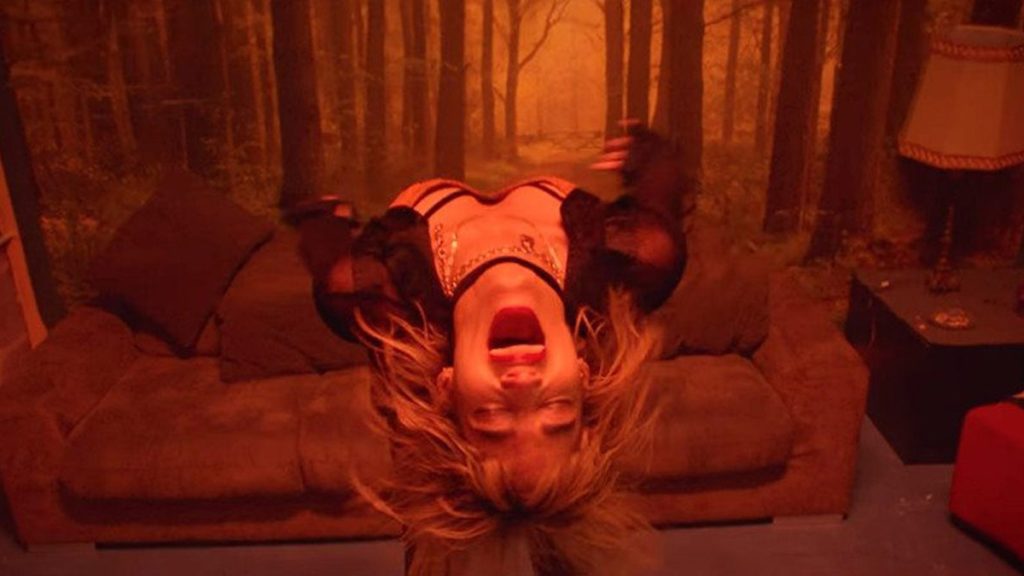
6. Climax
A group of dance students throw a party only to slowly discover that one of them has spiked the punch bowl with LSD. Madness ensues as the students resort to a psychedelic– and wholly primitive– state of being.
Writer/director Gaspar Noé’s latest tale of sex, drugs and insanity may not reach the heights of in-your-face greatness that his Enter the Void did earlier in the decade, but it’s also quite clear that he never intended it to.
Climax is simple in its design and sophisticated in its execution. It’s a transcendent work that dwells on trash and sucks you into like a tornado because it does so with such artistry. There’s no real point to the film beyond experiencing every beautifully choreographed moment of its depravity.
Climax is what it is: a darkly funny, lean, mean and gorgeously dirty piece of bravado filmmaking that constantly dares you to look away with the same face-smacking energy that keeps your eyes glued to it.

7. Parasite
Snowpiercer director/cowriter Bong Joon-ho delivers another masterwork with this scathingly funny and bluntly tragic social satire. Parasite tells the story of a poor but hyper-intelligent family who cons their way into the house staff of an upper-class family—at the expense of anyone who is unfortunate enough to be in their way.
The injustice of South Korean laws and class systems are communicated through a group of highly entertaining characters who are emotionally (and comically) devoid of empathy due to their given placements in society.
Parasite astutely observes the aloofness of the upper-class and the overwhelming resentment of the lower-class who is forced to live off their crumbs. It also manages to enthrall and you with genre-influenced surprises and shocks similar to a great Hollywood thriller.
Joon-ho has further proven himself as a director who can bring the best of both worlds—artistic value and entertainment—together for an unforgettable cinematic experience.
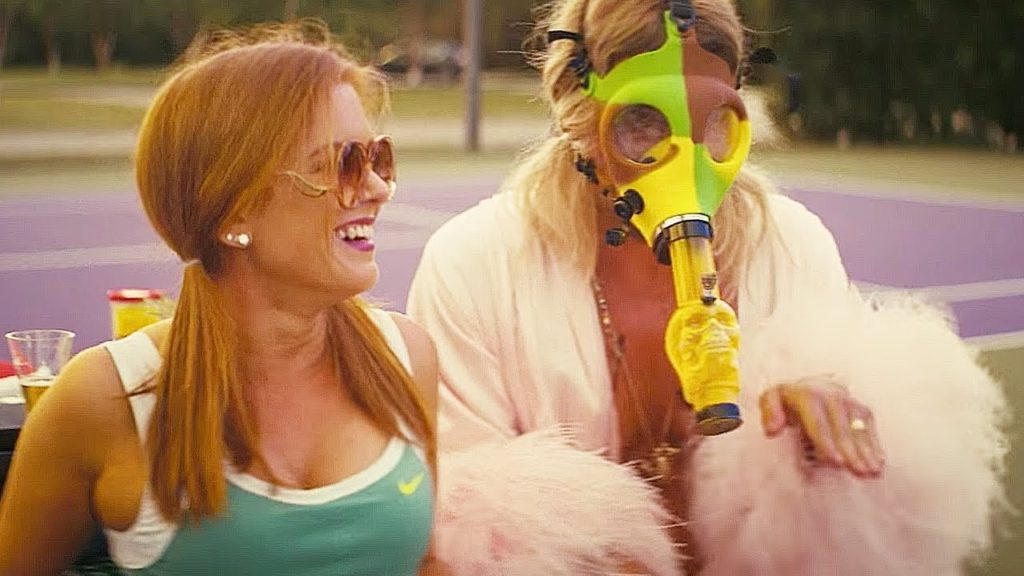
8. The Beach Bum
Like Noé and Climax, writer/director Harmony Korine’s latest cinematic escapade doesn’t necessarily carry the weight of some of his previous works (namely Spring Breakers), but that also doesn’t prevent it from being a masterwork in its own right.
The Beach Bum is a stoner comedy presented in the aesthetic of Terrence Malick. The hand-held cinematography of Benoît Debie (who was also the cameraman on Climax) is richly colored and finely detailed, freely and dreamily floating along with its debauched and intoxicated subjects. Douglas Crise’s editing is liquidly non-linear, capturing the film’s joyously anarchic and free-spirited nature.
Matthew McConaughey delivers one of the best performances of his career as a proudly decadent Florida poet named Moondog, who is forced to write his next masterpiece after a family tragedy leaves him penniless. McConaughey is so in tune with the character that it’s hard to imagine the film existing without him.
The Beach Bum is ultimately a huge middle finger to materialism and a plea for us all to return to life’s simpler and most basic pleasures. It’s also a hilarious screwball comedy presented with the kind of flair and innovation that makes Korine one of the most exciting and original filmmakers working today.

9. Knives and Skin
A combative teenage girl with unexplained mystical powers (Raven Whitley) disappears after being abandoned at a lakeshore by an abusive hookup (Ty Olwin).
The girl’s spacey, also mystically powered mother (Marika Engelhardt) slowly loses what is left of her mind trying to figure out what happened to her daughter —even though she may or may not have wanted her dead in the first place. The girl’s friends and their families also face the lingering effects of the disappearance, and all the hidden drama in their small-town lives comes to a collective head.
Part of the charm of Knives and Skin is that it seems to be fully aware of its own strangeness and its debt to predecessors like Twin Peaks, Donnie Darko and Heathers. In the same manner that Heathers used dark, biting satire to heighten and observe the teenage experience over thirty years ago, Knives and Skin uses bizarre absurdity and dreamlike surrealism to express the awkwardness, vulnerability and inherent mysteriousness of being a teenager today.
Writer/director Jennifer Reeder has created a brave, gorgeous and out-of-its-mind teenage melodrama that is certain to become a cult classic in the years to come.

10a. Uncut Gems
Like Joker, the success of Uncut Gems heavily relies on the commitment and talent of its lead actor. Needless to say by now, Adam Sandler more than lives up to the task with his portrayal of Howard Ratner, an obnoxious and compulsive New York hustler/jewelry dealer/sports gambling addict who digs his grave deeper and deeper with every word he speaks.
What Sandler brings to the table is beyond remarkable. The weight of his famous, lovable persona mixes perfectly with his gung-ho commitment and shocking vulnerability to create an unforgettable character. While it’s clear from the start that Ratner possesses no qualities of redemption that are beyond fleeting, Sandler’s talent and presence make it nearly impossible for us not to care about what happens to him.
Directors/cowriters (along with Ronald Bronstein) Benny and Josh Safdie have created a masterful depiction of greed, excess and addiction with Uncut Gems. Too much is never enough for Ratner, and the tension this insatiable character creates in achieving the unachievable is relayed through the Safdie’s unrelenting and uncompromisingly gritty filmmaking.
The film’s overall impact is essentially the equivalent of anxiety porn. Uncut Gems is a movie you shouldn’t like or relate to, but it still masterfully pulls you along for every inch of its white-knuckling, nail-biting ride.

10b. Just Mercy
What could have easily been a well-intentioned made-for-television-movie-of-the-week winds up packing a tremendous wallop—both as a dramatic piece of entertainment and as a socially relevant history lesson. Based on Bryan Stevenson’s non-fiction book, Just Mercy is the kind of movie that deserves to be seen and needs to be made more often today.
The film is executed with tremendous skill and grace by director/cowriter (along with Andrew Lanham) Destin Daniel Cretton. Though Cretton isn’t shy about inserting stances on selected issues or guiding the audience’s hand towards specific themes, he manages to do so with intelligence and class. You never feel like he’s manipulating or condescending his audience because there is an undeniable sense of passion and sincerity at the film’s core—one that is impossible to ignore and even more impossible to fake.
Jaimee Foxx portrays Walter McMillan, an Alabama man sentenced to death in 1987 for a murder he did not commit. Michael B. Jordan is Anthony Ray Hinton, a young and ambitious lawyer who decides to take on his dangerously complicated case—which he soon learns has implications of corruption and racism. Both Foxx and Jordan inhabit their characters fully, downplaying their emotions to be true-to-life rather than obnoxiously Oscar-grabby. Brie Larson offers excellent support as Jordan’s law firm co-founder, Eva Ansley.
In Just Mercy, a stellar and tear-jerking courtroom drama co-exists with a number of thought-provoking social statements. A lesser film would have favored one intention over the other and ruined all chances of either succeeding. Cretton and company find the perfect balance, allowing for audiences of every color and background to hear and understand Just Mercy’s thoughtful and heartfelt shout against injustice.
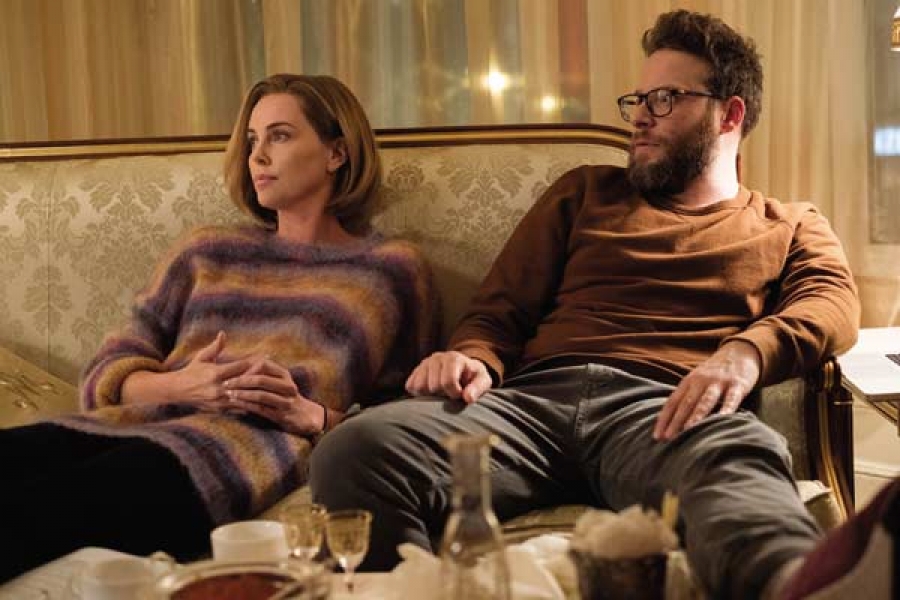
Top 10 Movies That Were Very Painful to Leave off My Top Ten Movies of 2020:
1. Long Shot (I’m verging on ashamed it did not end up on my top ten– Charlize Theron and Seth Rogen are the best romantic comedy pairing of the decade), 2. Pain and Glory (ditto—deeply personal filmmaking that is still entertaining and accessible), 3. Joker (an arthouse character drama in disguise as a comic book movie), 4. The Highwaymen (a great and thoughtful companion piece to Bonnie & Clyde), 5. Under the Silver Lake (an opera of the bizarre that gets better every time I see it), 6. The Perfection (a twisty and twisted thriller about female revenge), 7. The Standoff at Sparrow Creek (an amazing low-budget underdog of a thriller), 8. Hustlers (a thoughtful and cutting look at the sex industry with a career-best performance from Jennifer Lopez), 9. Honey Boy (an achingly vulnerable portrayal of addiction and past traumas), 10. A Beautiful Day in the Neighborhood (a unique spin on the biopic with Tom Hanks taking advantage of his perfect casting)
Honorable Mentions:
Leaving Neverland (it would have made my Top 10 of the year, but it’s probably more accurate to describe it as a two-part cable documentary—excellent, regardless), Knives Out, The Peanut Butter Falcon, Black and Blue, Ready or Not, Light of My Life, Fractured, 21 Bridges, A Hidden Life, Queen & Slim, Marriage Story, The Report, The Dead Don’t Die, Late Night, Anna, Toy Story 4, Crawl, The Art of Self-Defense, The Man Who Killed Don Quixote (mainly for hardcore Gilliam fans, but an interesting accomplishment regardless), It: Chapter 2, Doctor Sleep, Dumbo, Unicorn Store, Bombshell, Teen Spirit, The Professor and the Madman, John Wick: Chapter 3—Parabellum, The Man Who Killed Hitler and then Bigfoot, Captain Marvel, Us, Gloria Bell, 1917, Star Wars: Rise of Skywalker (but only if you’re a casual fan), Jay and Silent Bob Reboot (but only if you’re the hardest of the hardcore fans—which I’m proud to say I am)
And, since the above covers what I’d nominate for Best Picture of 2019, here’s a brief rundown for the other major awards:
Best Actor:
1. Joaquin Phoenix for Joker, 2. Adam Sandler for Uncut Gems, 3. Eddie Murphy for Dolemite Is My Name, 4. Roman Griffin Davis for Jojo Rabbit, 5. Michael B. Jordan for Just Mercy
Best Actress:
1. Naomie Harris for Black and Blue, 2. Saoirse Ronan for Little Women, 3. Charlize Theron for Long Shot, 4. Thomasin McKenzie for Jojo Rabbit, 5. Julianne Moore for Gloria Bell
Best Supporting Actor:
1. Shia LaBouf for Honey Boy, 2. Tory Kittles for Dragged Across Concrete, 3. Timothée Chalamet for Little Women, 4. Brad Pitt for Once Upon at Time in Hollywood, 5. Jaime Foxx for Just Mercy
Best Supporting Actress:
1. Jennifer Lopez for Hustlers, 2. Da’Vine Joy Randolph for Dolemite Is My Name, 3. Julia Butters for Once Upon a Time in Hollywood, 4. Laura Dern for Marriage Story, 5. Scarlett Johansson for JoJo Rabbit
Best Original Screenplay:
1. Dragged Across Concrete by S. Craig Zahler, 2. Once Upon a Time in Hollywood by Quentin Tarantino, 3. Dolemite Is My Name by Scott Alexander and Larry Karaszewski, 4. Honey Boy by Shia LaBouf, 5. Long Shot by Dan Sterling and Liz Hannah
Best Adapted Screenplay:
1. Little Women by Greta Gerwig, 2. Jojo Rabbit by Taika Waititi, 3. Hustlers by Lorene Scafaria, 4. A Beautiful Day in the Neighborhood by Noah Harpster and Micah Fitzerman-Blue, 5. Just Mercy by Daniel Deston Cretton and Andrew Lanham
Best Director:
1. Quentin Tarantino for Once Upon a Time in Hollywood, 2. S. Craig Zahler for Dragged Across Concrete, 3. Taika Watiti for Jojo Rabbit, 4. Greta Gerwig for Little Women, 5. Gaspar Noé for Climax
